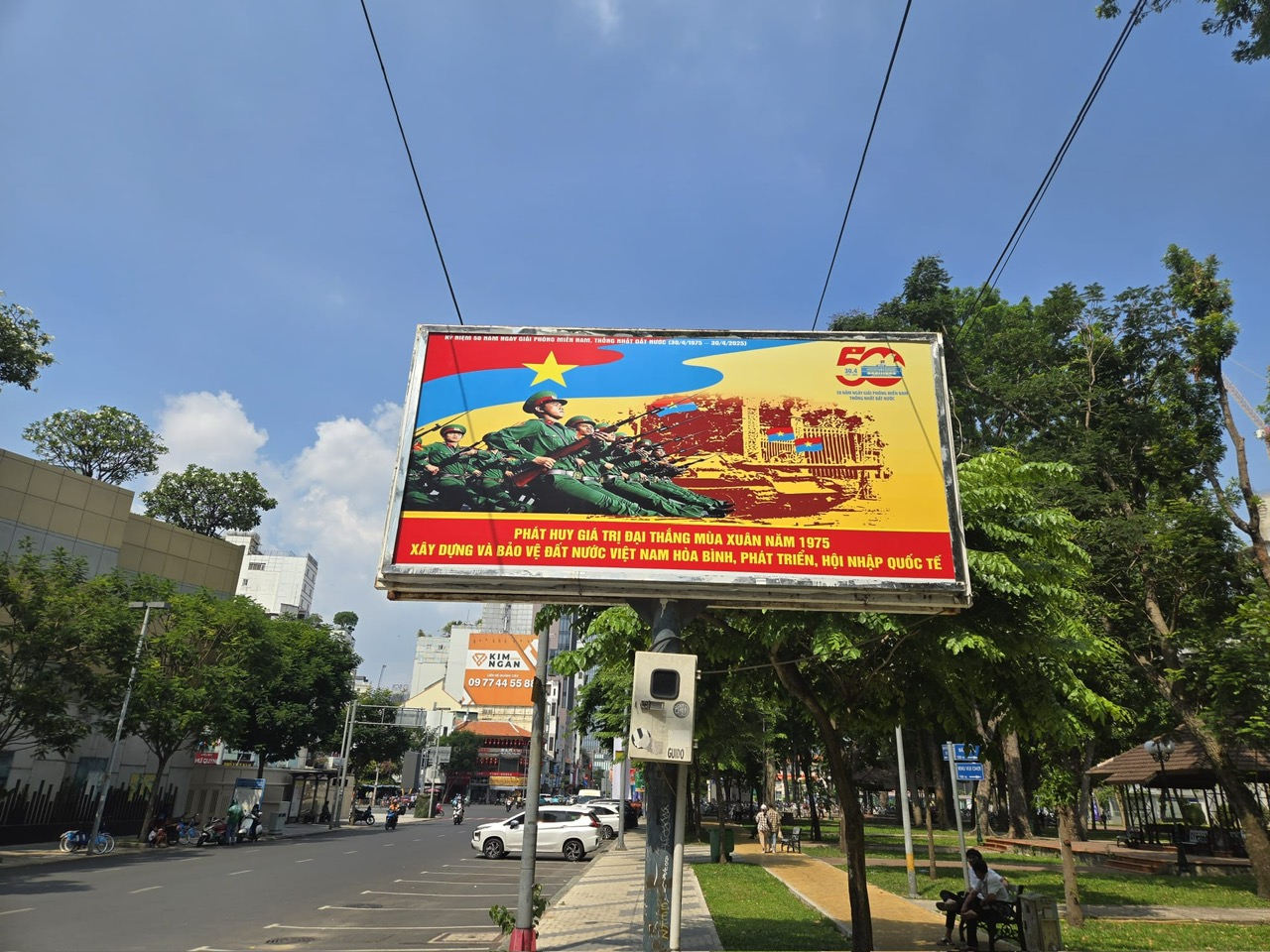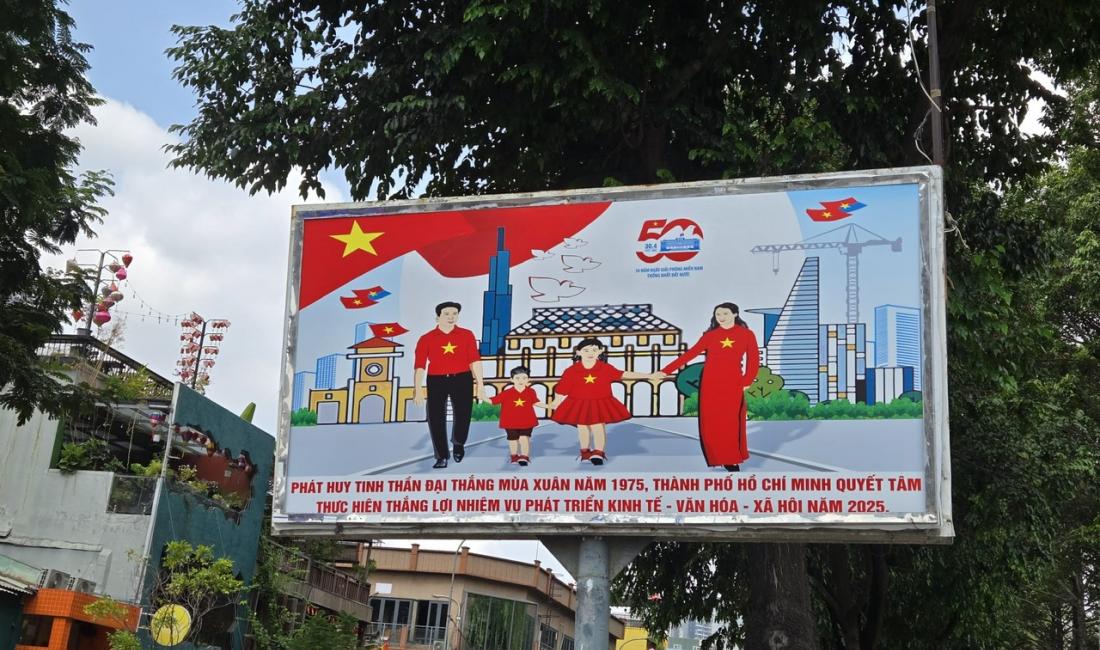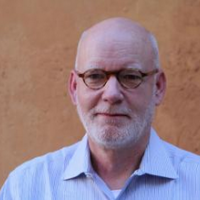A 50th anniversary of war reveals a city.
I am writing this from Ho Chi Minh City, where preparations are underway to mark the 50th anniversary of Vietnam’s reunification—a victory for the North that reshaped this country and left a lasting imprint on the region. Across the city, the streets are lined with massive red banners and billboards, adorned with Soviet iconography: hammers, sickles, and stars. There are smiling soldiers holding rifles, jubilant peasants waving flags, and omnipresent portraits of Ho Chi Minh. It feels as if I’ve been transported back to another century. And in a way, I have.
These billboards aren’t just historical relics. They’re active reminders of a worldview that still persists—a celebration of central control, ideological conformity, and victory over what is still openly referred to as “American imperialism.” While Vietnam today is far from a doctrinaire Marxist state, the symbols and slogans endure, and they reflect something deeper than nostalgia. They reflect the global contest of narratives—a contest we in the democratic world cannot afford to ignore.
What strikes me most is not just the presence of these billboards, but the absence of counter-narratives. There is no visible mention of the human cost of war. No recognition of the boat people who fled. No reflection on the price paid by generations of Vietnamese—north and south alike—in the name of unity. The story being told is singular and triumphant. And it’s one that China and Russia are eager to export far beyond these borders.
As we reflect on Vietnam’s journey, we must confront an uncomfortable truth: authoritarian regimes are very good at memory. They curate the past to justify the present and shape the future. Democracies, by contrast, tend to forget. We move on. We grow weary. We turn inward. But if there is one lesson to draw from the streets of Ho Chi Minh City, it is that memory—especially political memory—is a powerful strategic weapon. Those who control the narrative shape the next generation.
Today, across Asia, authoritarianism is on the rise. China seeks to rewrite history in Taiwan and the South China Sea. Russia is doing the same in Ukraine. And in countries like Vietnam, the space for dissent remains tightly controlled—even as the economy opens and global investment pours in. The West, meanwhile, has become reactive rather than proactive. We wait for crises to escalate before we act. We cede influence to autocrats in exchange for short-term stability.
That must change.
America’s role in this region should not be one of domination, but of presence. A presence grounded in partnership, in education, in supporting local voices who want something more than one-party rule. We must engage not only with governments, but with civil society, students, entrepreneurs, and reformers—those who will define the next 50 years of this region, just as others defined the last 50.
It’s tempting, especially in a world full of conflict, to think that Asia will take care of itself. That the battles of the past are over. That Vietnam is a “success story” and we should let sleeping dogs lie. But walking the streets of this city, I am reminded that history never sleeps—it simply waits to be retold.
In a time when disinformation spreads faster than truth, when autocrats offer a seductive promise of order and tradition, we must offer something more compelling: not just military might or economic aid, but the belief that freedom, diversity, and accountability still matter—and that they are worth defending, even in places where billboards suggest otherwise.
The past is being celebrated here in Vietnam. But the future is still unwritten. Let’s not leave the pen in the hands of those who would erase us.





